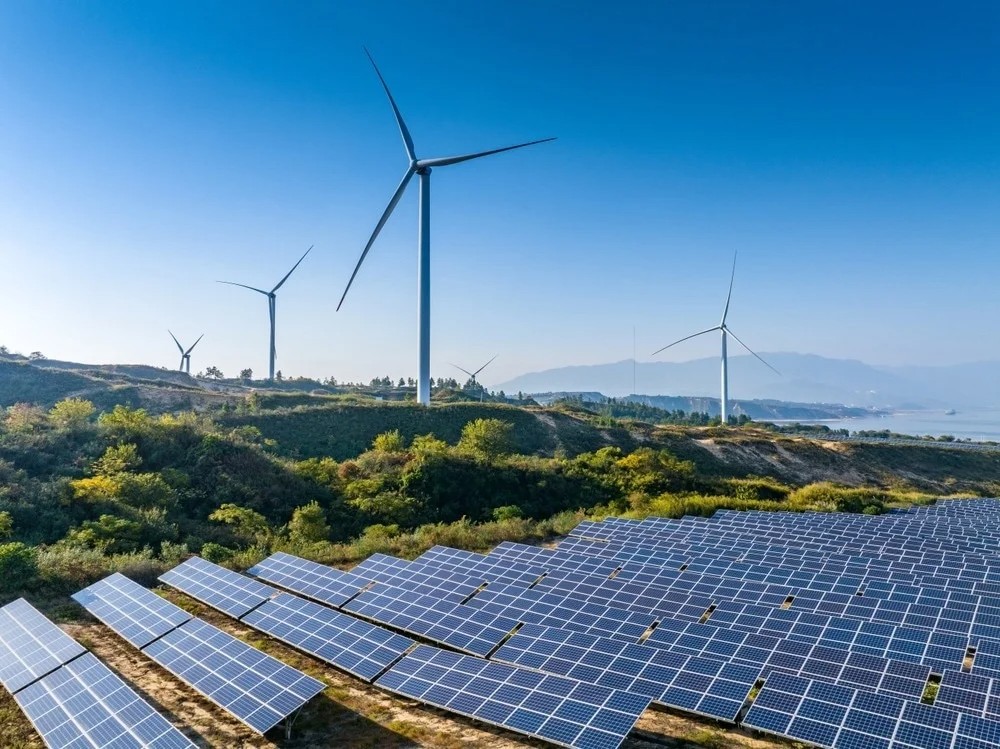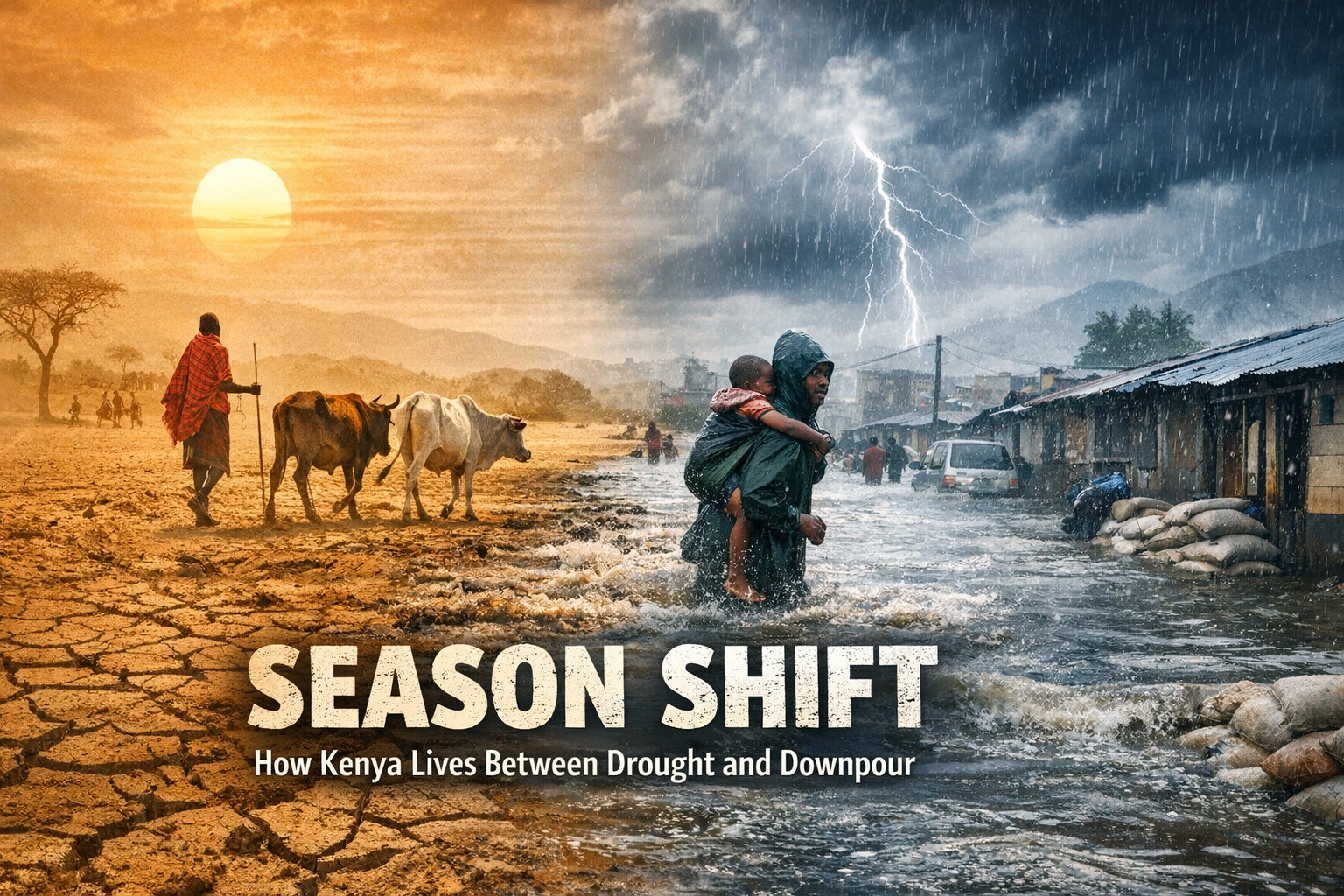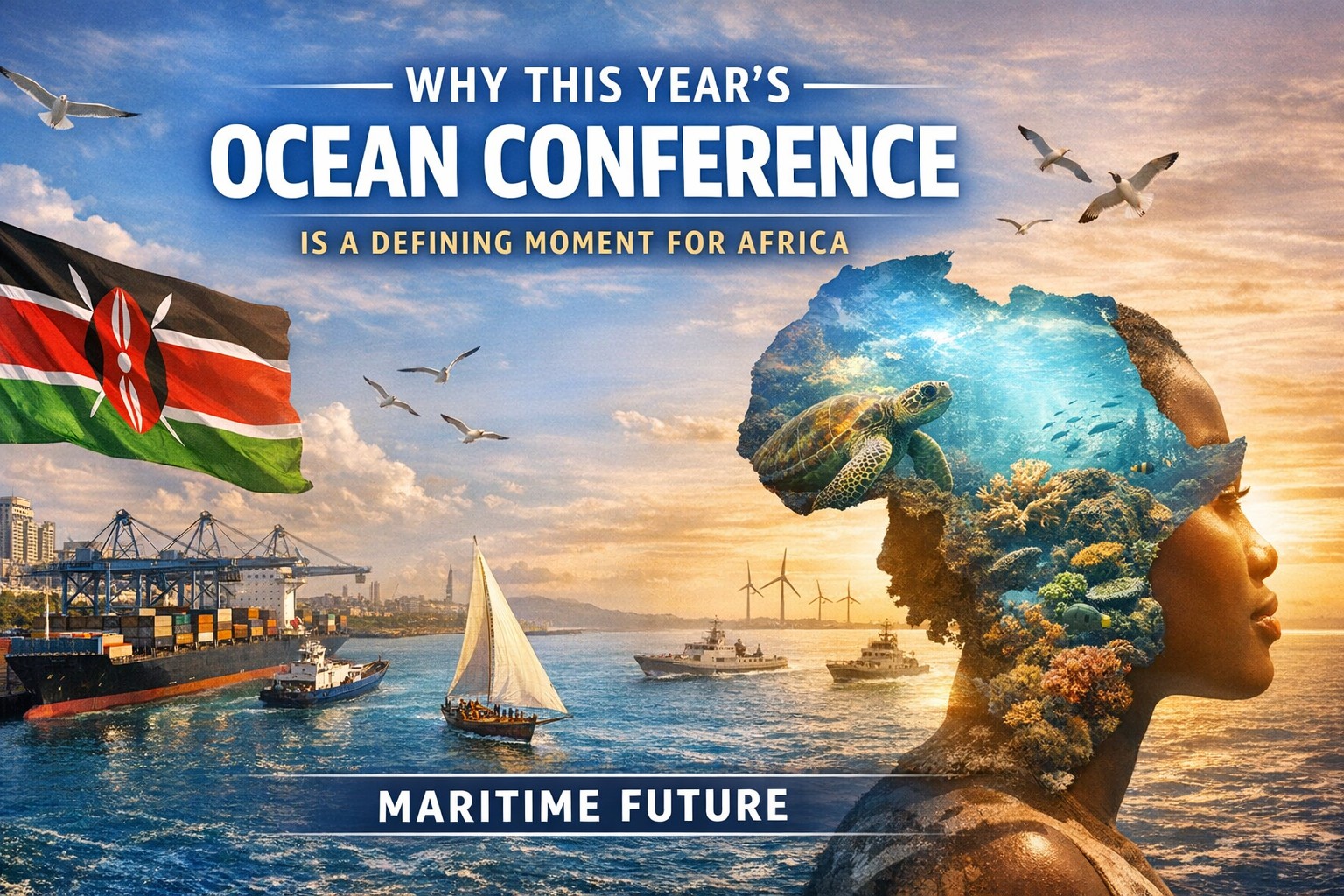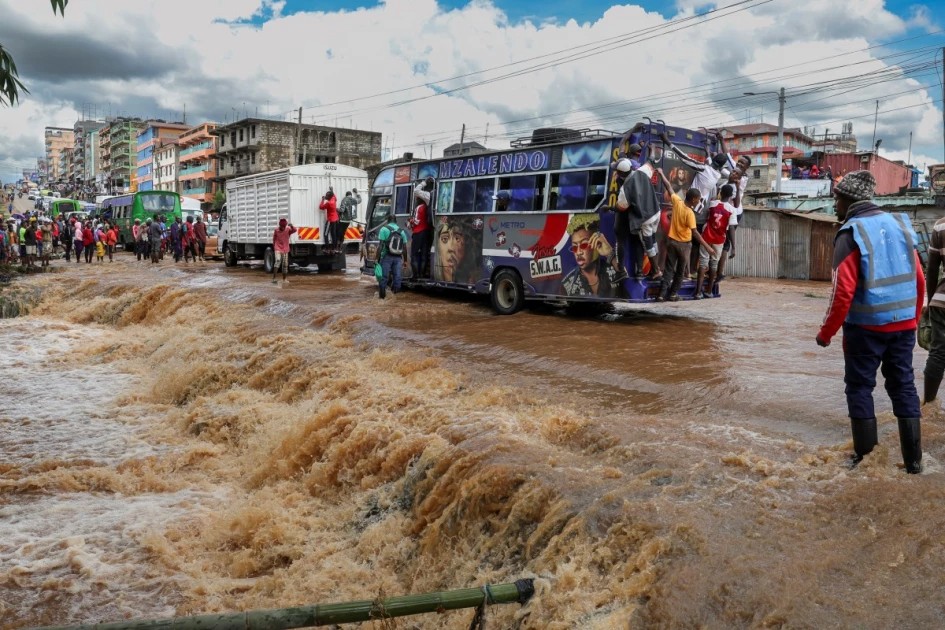- While the world moves toward cleaner energy, it is essential that the process is fair and takes into account the different stages of development in countries around the globe.
As the world gathers at COP29 to discuss global climate change, Uganda has made an important call for a “just and gradual transition” to clean energy. This message is critical not only for Uganda but for many developing countries that face unique challenges in switching from fossil fuels to renewable energy sources.
“As we work to increase energy access domestically, we will also leverage the power pool to export our excess electricity to neighbouring countries,” Ugandan Energy minister Ruth Nankabiriwa said during the COP29 summit.
While the world moves toward cleaner energy, it is essential that the process is fair and takes into account the different stages of development in countries around the globe.
Uganda, like many nations in Africa, is still developing its energy infrastructure. While many developed countries have already made strides in renewable energy, Uganda and other developing nations continue to rely heavily on traditional energy sources such as coal, oil, and natural gas.
These resources have long powered industries, transportation, and electricity, but they are also major contributors to global warming and air pollution. The need for clean energy is clear. However, transitioning to greener energy is not an easy task for countries like Uganda that are still trying to meet their basic development needs.
Read More
The concept of a “just and gradual transition” emphasizes that moving away from fossil fuels should not happen overnight. Instead, it should take into account the current energy needs, economic capabilities and social realities of each country. In Uganda’s case, a fast transition could create serious economic and social challenges, such as job losses in industries that depend on fossil fuels or the high costs of new technology that may be out of reach for many people.
For Uganda, and other developing nations, clean energy is an important goal. However, the country’s development must also be considered. The gradual approach allows Uganda to grow its economy while also reducing its carbon footprint.
With a steady, well-planned transition, Uganda can begin to build its clean energy infrastructure without disrupting its growth. This process involves investing in renewable energy sources such as solar, wind and hydro power. These sources are not only better for the environment but are also becoming more affordable and accessible, which is vital for countries with limited resources.
A just transition also means ensuring that the people most affected by this shift are not left behind. In Uganda, many people work in sectors that rely on fossil fuels, and the switch to clean energy must include plans to create new jobs and opportunities in green sectors.
This may involve training workers in new skills and providing support for communities that are at risk of losing their jobs. For instance, in rural areas where people still rely on traditional biomass for cooking, introducing cleaner technologies like improved cookstoves can reduce harmful emissions and improve health outcomes without putting people’s livelihoods at risk.
The need for international support in this transition is also crucial. Developed nations have historically contributed the most to global greenhouse gas emissions, and they have the financial resources to make a quick shift to clean energy. On the other hand, developing countries like Uganda need financial and technical assistance to make this transition in a way that benefits their people.
At COP29, Uganda is calling for climate finance—money from developed nations to help fund renewable energy projects, technology transfer, and capacity building in developing countries. Without this support, countries like Uganda will struggle to meet their energy needs while also addressing climate change.
The argument for a just transition is not just about fairness. It is also about ensuring the success of the global effort to combat climate change. If countries like Uganda and others in the Global South are left out of the transition process or are forced to rush into it without adequate resources or planning, they may not be able to build the necessary clean energy infrastructure.
This would leave many people without access to reliable energy and contribute to further inequality. The global community must ensure that no one is left behind in this important fight.







